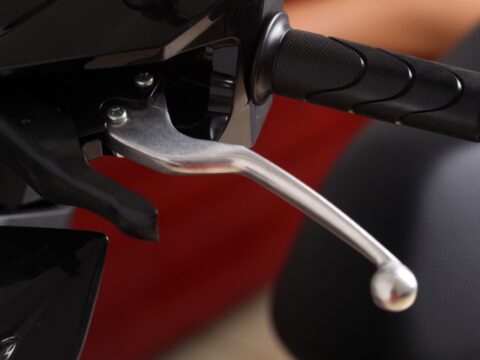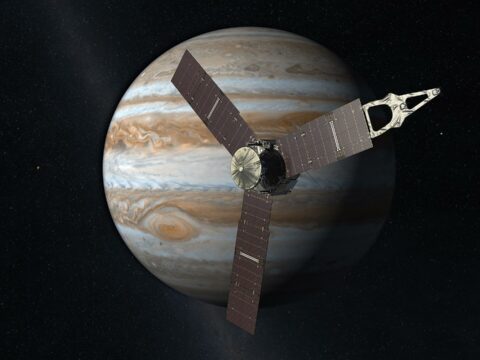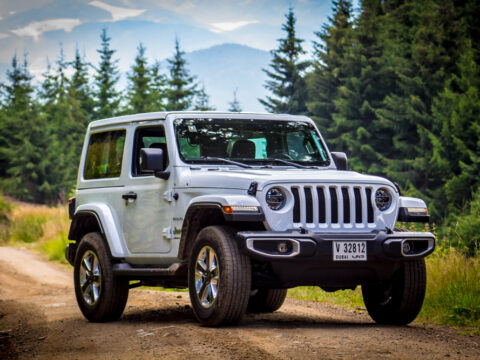The automotive industry is constantly evolving, with some models being phased out to make way for new innovations. Here are 20 cars that likely won’t exist in three years, due to changing market demands, regulatory pressures, or manufacturer decisions.
Contents
Chevrolet Camaro (Discontinued in 2024)

The Chevrolet Camaro, a legendary muscle car, is set to be discontinued after the 2024 model year. The Camaro, known for its powerful V8 engine options and aggressive styling, has struggled with declining sales in recent years. Despite its performance pedigree and iconic status, shifting consumer preferences towards SUVs and electric vehicles have prompted General Motors to phase out the Camaro. This marks the end of an era for one of America’s most beloved sports cars, leaving enthusiasts and collectors to cherish the existing models.
Ford EcoSport (Discontinued in 2023)
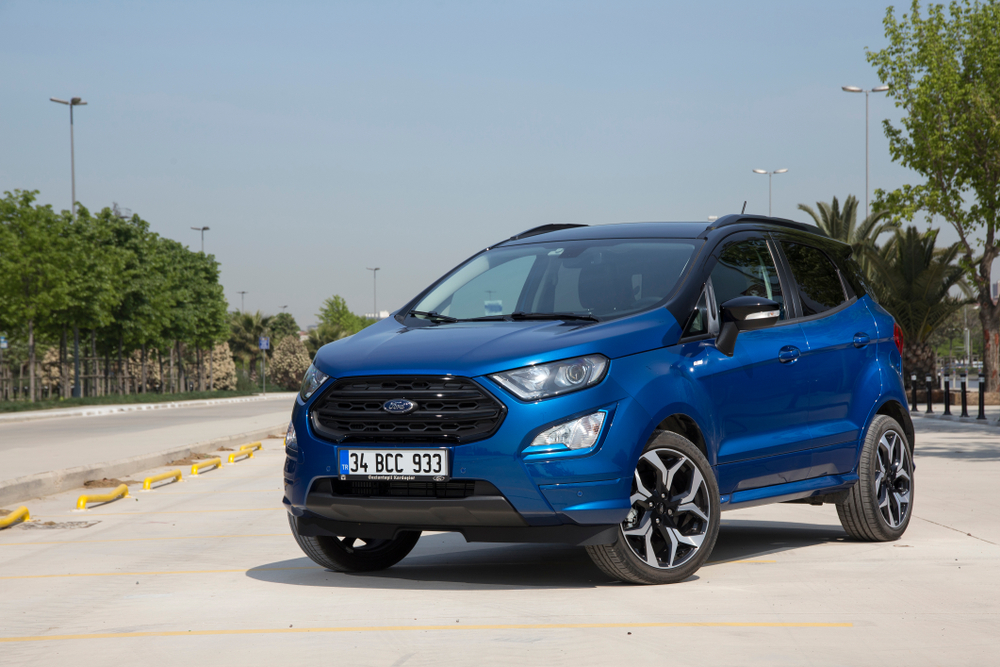
The Ford EcoSport, a subcompact crossover, was discontinued in 2023 due to poor sales and increasing competition in the segment. The EcoSport, which featured a 1.0-liter turbocharged three-cylinder engine, struggled to compete against more modern and refined rivals. Its outdated design and lackluster performance failed to capture the interest of buyers. Ford decided to discontinue the EcoSport as part of its broader strategy to focus on more profitable and popular models, such as the Bronco and Mustang Mach-E.
Dodge Charger (Discontinued in 2023)
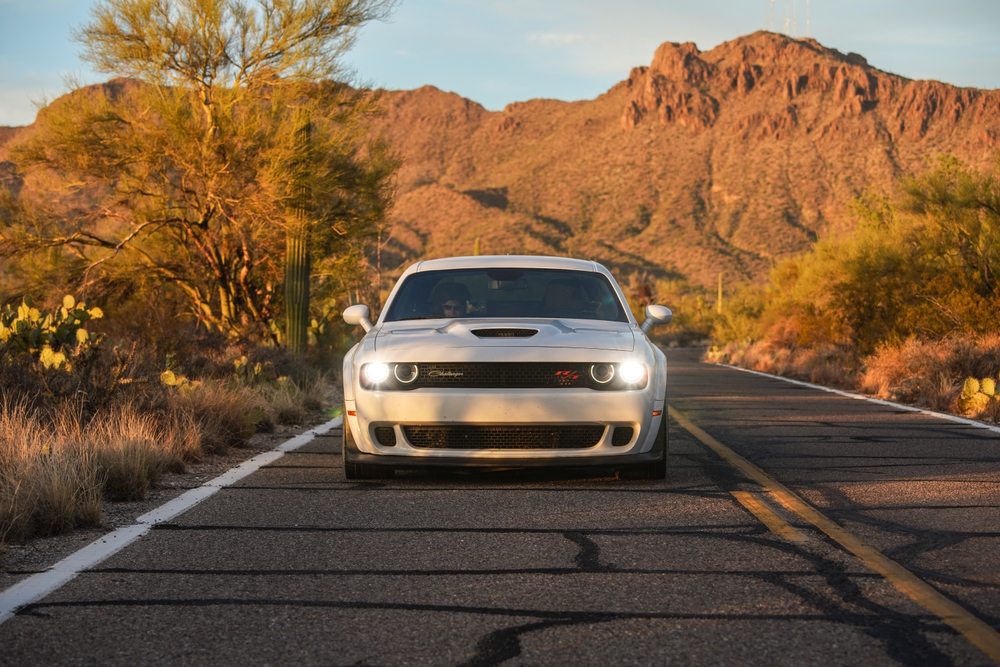
The Dodge Charger, a staple in the muscle car segment, was discontinued after the 2023 model year. The Charger, known for its powerful V6 and V8 engine options, faced declining sales as consumer preferences shifted towards SUVs and electric vehicles. Stellantis, the parent company of Dodge, decided to phase out the Charger in favor of developing more electrified and future-proof models. The discontinuation marks the end of a long-standing American muscle car legacy.
Volkswagen Passat (Discontinued in 2023)
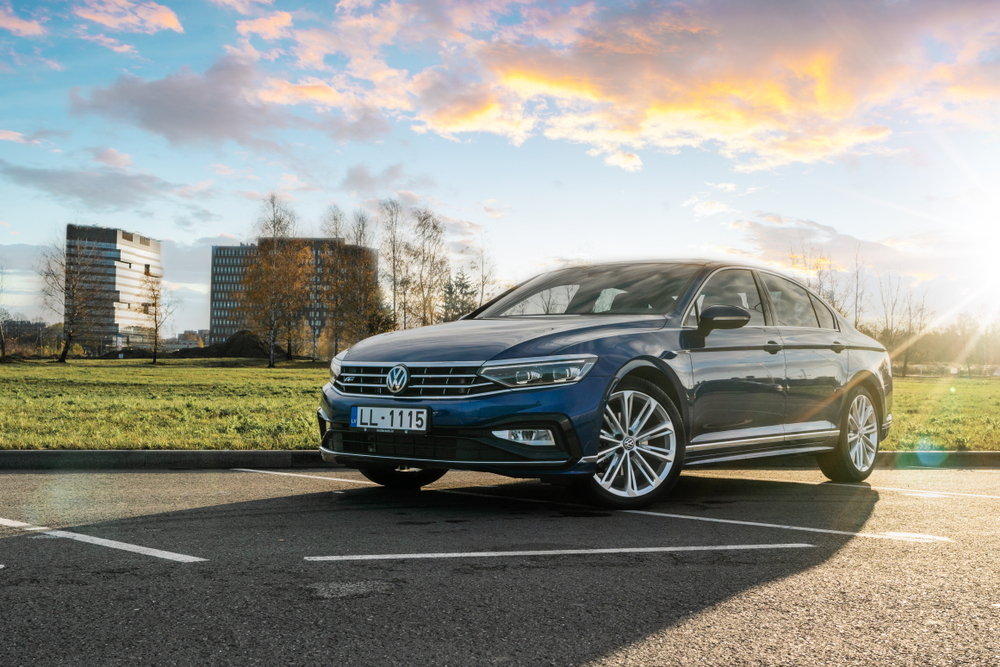
The Volkswagen Passat, a midsize sedan, was discontinued in 2023 due to declining sales and a strategic shift towards electric vehicles. The Passat, which featured a range of turbocharged four-cylinder engines, struggled to compete in the shrinking sedan market. Volkswagen decided to focus on its electric ID. series and more popular models like the Tiguan and Atlas. The discontinuation of the Passat reflects the industry’s move towards electrification and changing consumer preferences.
Nissan Maxima (Discontinued in 2023)
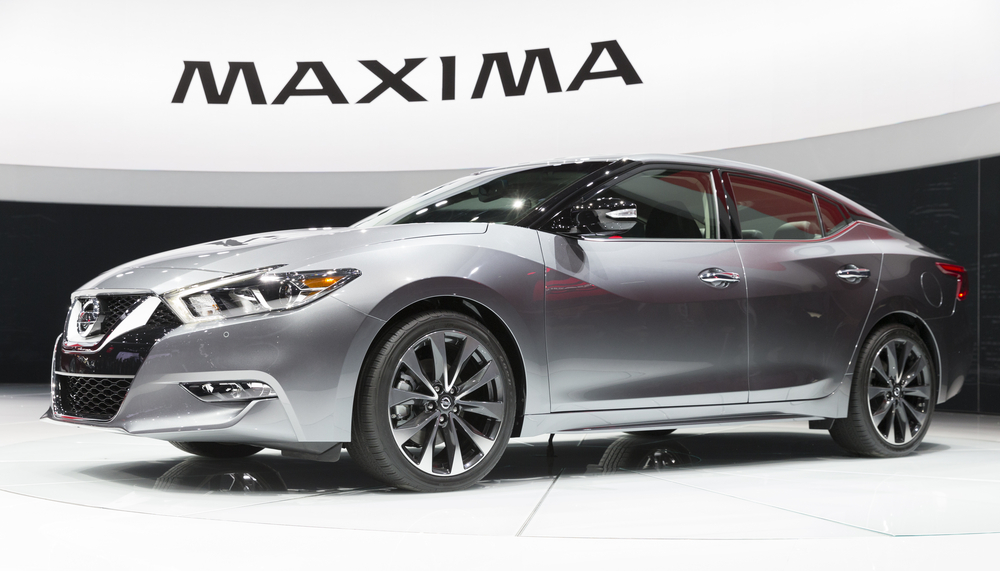
The Nissan Maxima, a full-size sedan known for its sporty design and powerful V6 engine, was discontinued after the 2023 model year. The Maxima faced declining sales as the sedan market continued to shrink, with consumers favoring SUVs and crossovers. Nissan decided to phase out the Maxima to streamline its lineup and focus on more popular models, such as the Altima and the electric Ariya. The end of the Maxima marks the conclusion of one of Nissan’s long-standing nameplates.
Toyota Avalon (Discontinued in 2023)
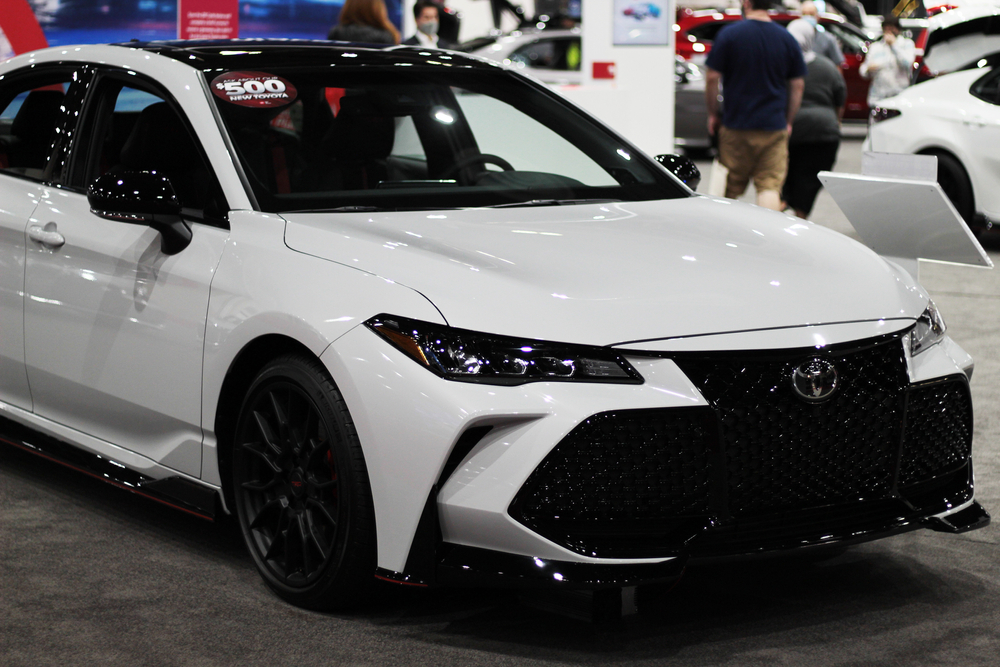
The Toyota Avalon, a full-size sedan known for its comfort and reliability, was discontinued in 2023. The Avalon faced declining sales as consumer preferences shifted towards SUVs and crossovers. Toyota decided to phase out the Avalon to focus on more profitable and popular models, such as the Camry and the Highlander. The discontinuation of the Avalon reflects the broader industry trend away from large sedans.
Honda Clarity (Discontinued in 2021)

The Honda Clarity, available as a plug-in hybrid, electric, and hydrogen fuel cell vehicle, was discontinued in 2021. Despite its innovative powertrain options, the Clarity struggled with limited consumer interest and high production costs. Honda decided to discontinue the Clarity to streamline its electrification strategy and focus on more mainstream models like the upcoming Prologue electric SUV. The end of the Clarity highlights the challenges faced by alternative fuel vehicles in gaining widespread acceptance.
Buick Regal (Discontinued in 2020)
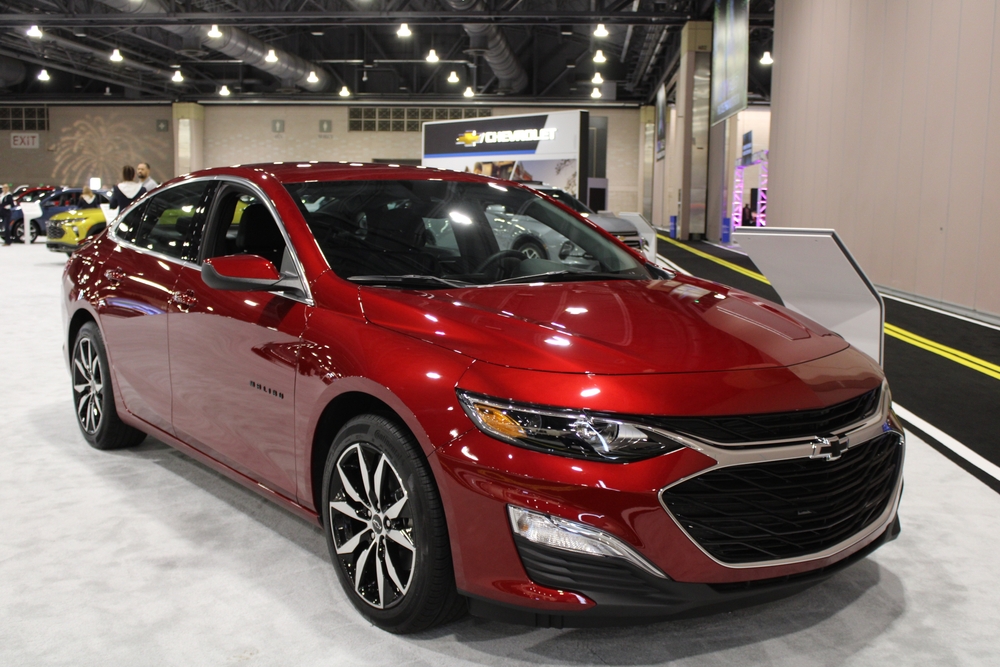
The Buick Regal, a midsize sedan and hatchback, was discontinued in 2020 as part of General Motors’ decision to exit the sedan market in North America. The Regal, which featured turbocharged four-cylinder and V6 engine options, struggled with declining sales amid the growing popularity of SUVs and crossovers. Buick decided to focus on its SUV lineup, including models like the Enclave and Encore, to better align with consumer preferences.
Chevrolet Malibu (Expected Discontinuation by 2025)
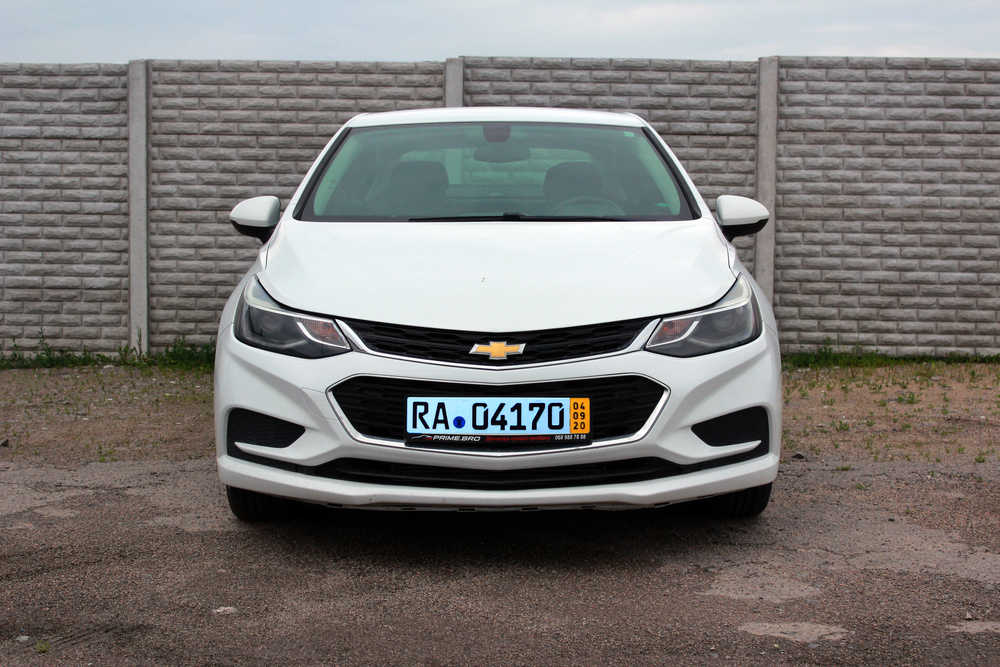
The Chevrolet Malibu, a midsize sedan, is expected to be discontinued by 2025 due to declining sales and a strategic shift towards electric vehicles. The Malibu, which features a range of turbocharged four-cylinder engines, has faced stiff competition from SUVs and crossovers. General Motors is likely to phase out the Malibu as it ramps up production of electric vehicles, such as the Chevrolet Bolt and the upcoming Silverado EV.
Chrysler 300 (Expected Discontinuation by 2025)
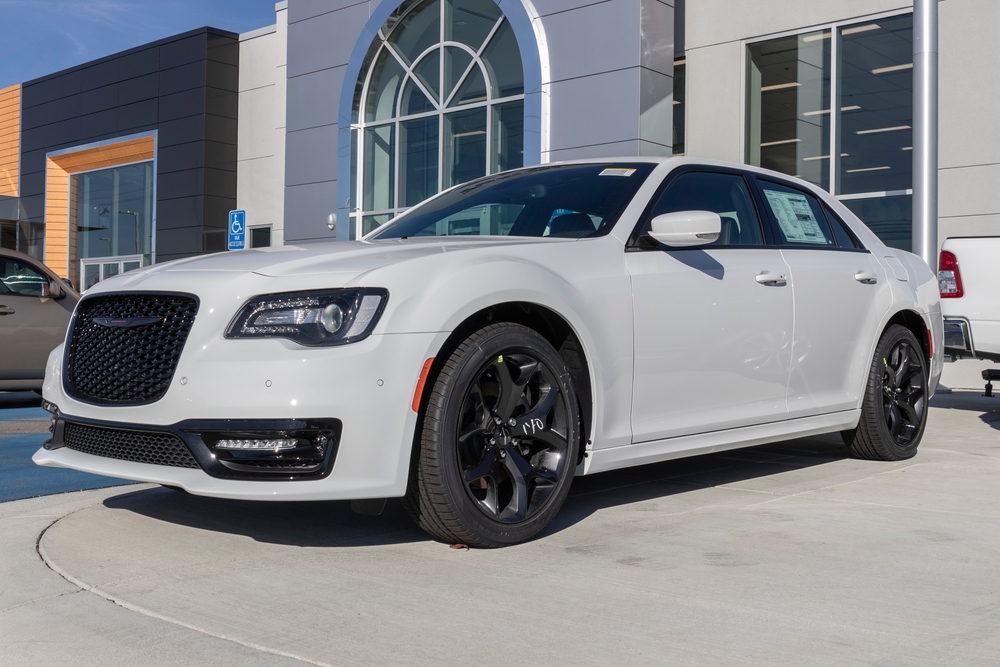
The Chrysler 300, a full-size sedan known for its bold design and powerful V8 engine options, is expected to be discontinued by 2025. The 300 has seen declining sales as consumer preferences have shifted towards SUVs and crossovers. Stellantis, the parent company of Chrysler, is likely to phase out the 300 to focus on more popular and profitable models, such as the Pacifica minivan and the Jeep lineup.
Infiniti Q60 (Expected Discontinuation by 2025)
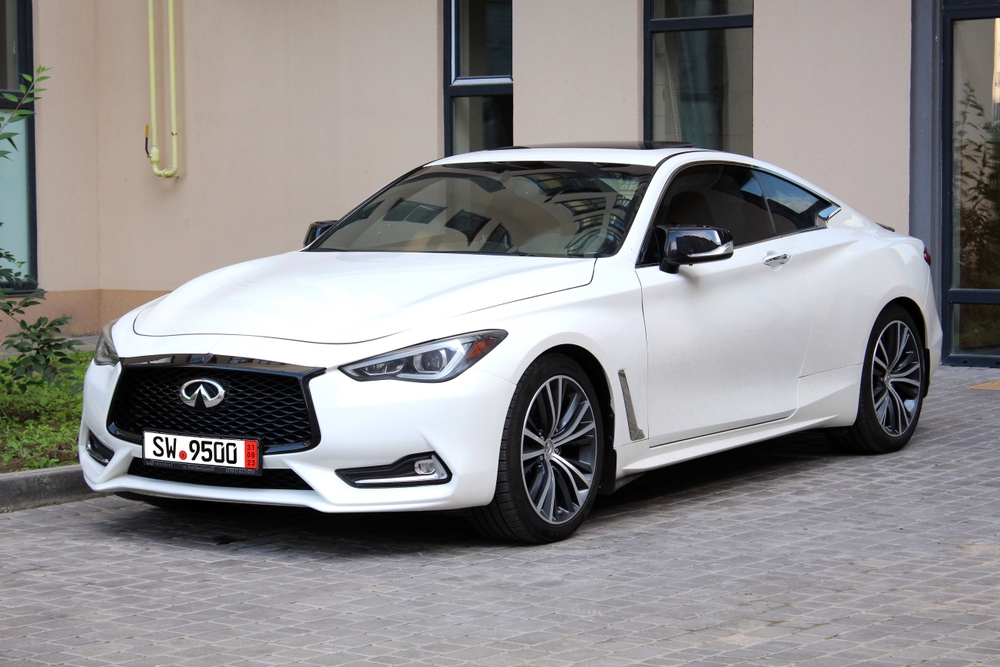
The Infiniti Q60, a luxury sports coupe, is expected to be discontinued by 2025 due to declining sales and a shift in consumer preferences towards SUVs and electric vehicles. The Q60, known for its sleek design and powerful twin-turbo V6 engine, has struggled to maintain market share in the competitive luxury segment. Infiniti is likely to focus on expanding its SUV lineup and developing electrified models to better align with market trends.
Lincoln Continental (Discontinued in 2020)
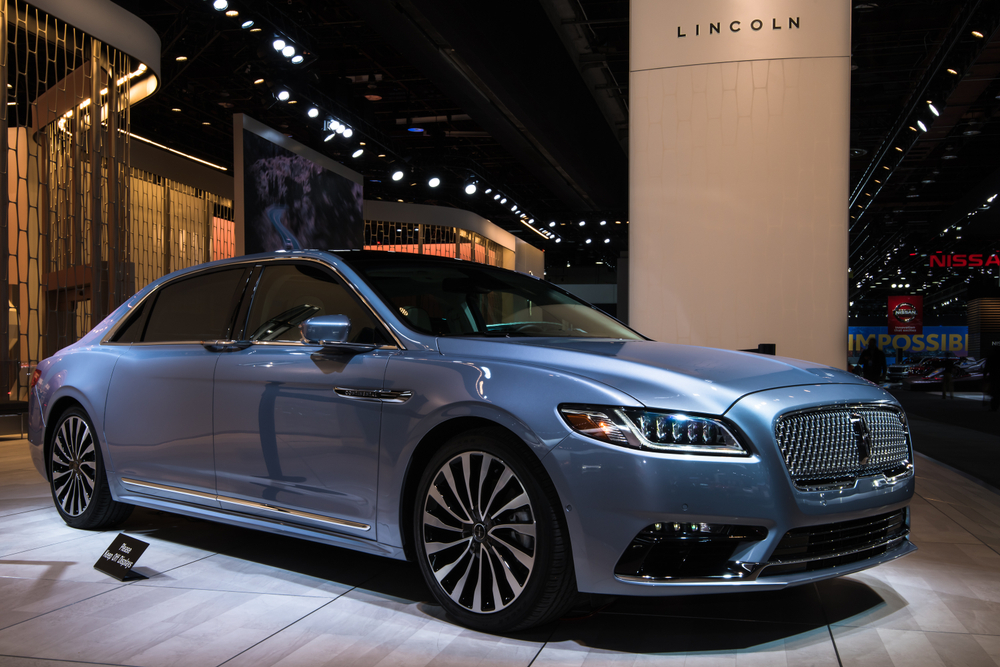
The Lincoln Continental, a full-size luxury sedan, was discontinued in 2020 as part of Lincoln’s decision to focus on SUVs. The Continental, known for its opulent interior and smooth ride, struggled with declining sales in the shrinking sedan market. Lincoln decided to prioritize its popular SUV models, such as the Navigator and Aviator, to better align with consumer preferences and market demand.
Hyundai Veloster (Expected Discontinuation by 2025)
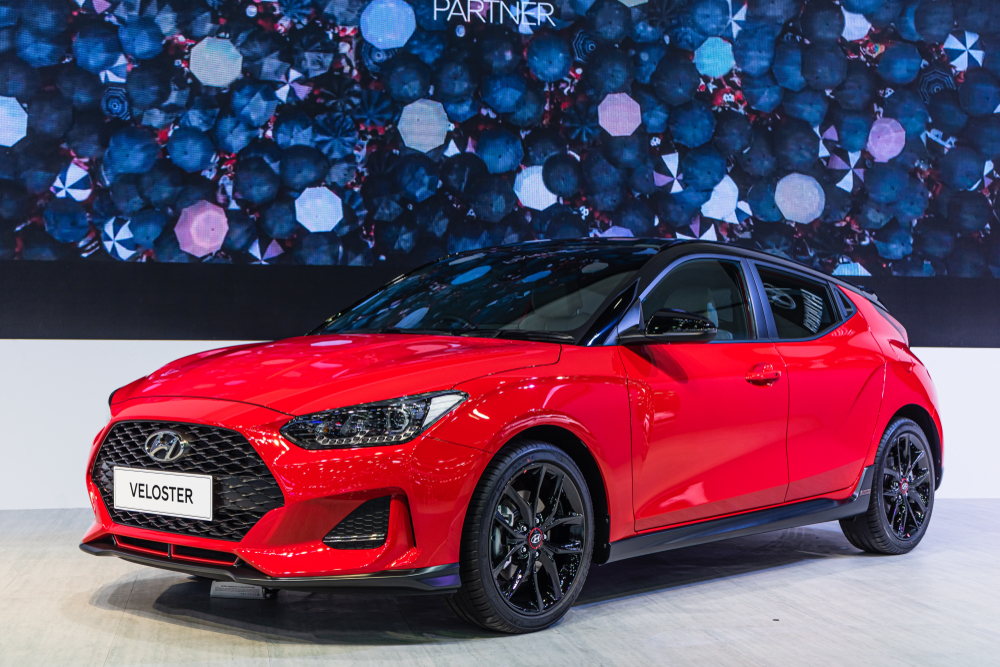
The Hyundai Veloster, a unique hatchback with a sporty design, is expected to be discontinued by 2025 due to declining sales and a strategic shift towards electric vehicles. The Veloster, known for its turbocharged engine options and distinctive three-door layout, has struggled to compete with more mainstream models. Hyundai is likely to phase out the Veloster to focus on its expanding electric vehicle lineup, including the Ioniq series.
Kia Cadenza (Discontinued in 2021)
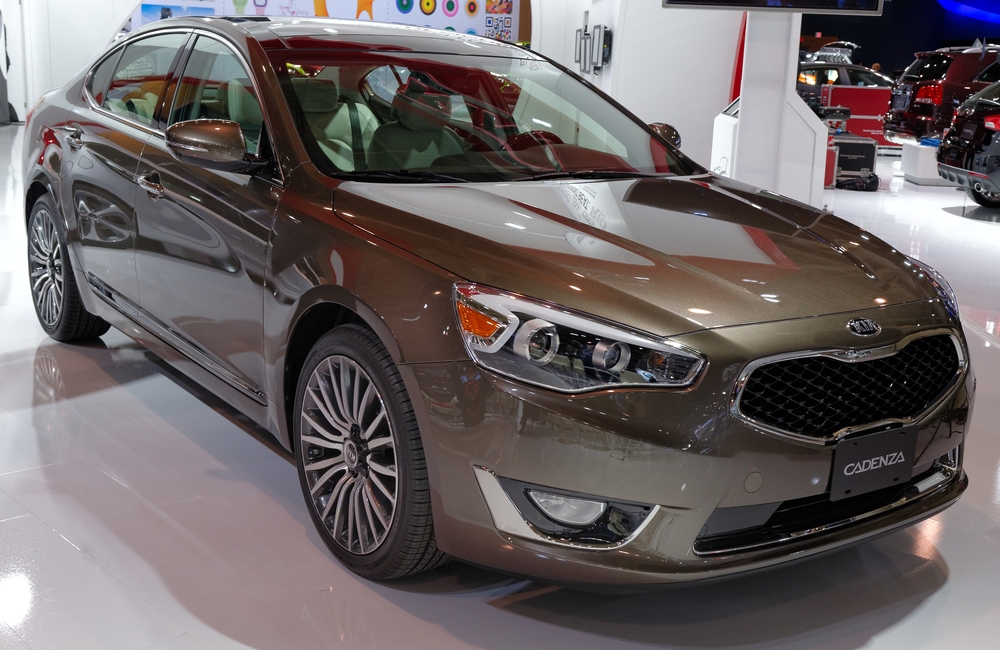
The Kia Cadenza, a full-size sedan known for its comfort and luxury features, was discontinued in 2021. The Cadenza faced declining sales as consumer preferences shifted towards SUVs and crossovers. Kia decided to streamline its lineup and focus on more popular models, such as the Telluride and Sorento. The discontinuation of the Cadenza reflects the broader industry trend away from large sedans.
Mazda6 (Discontinued in 2021)
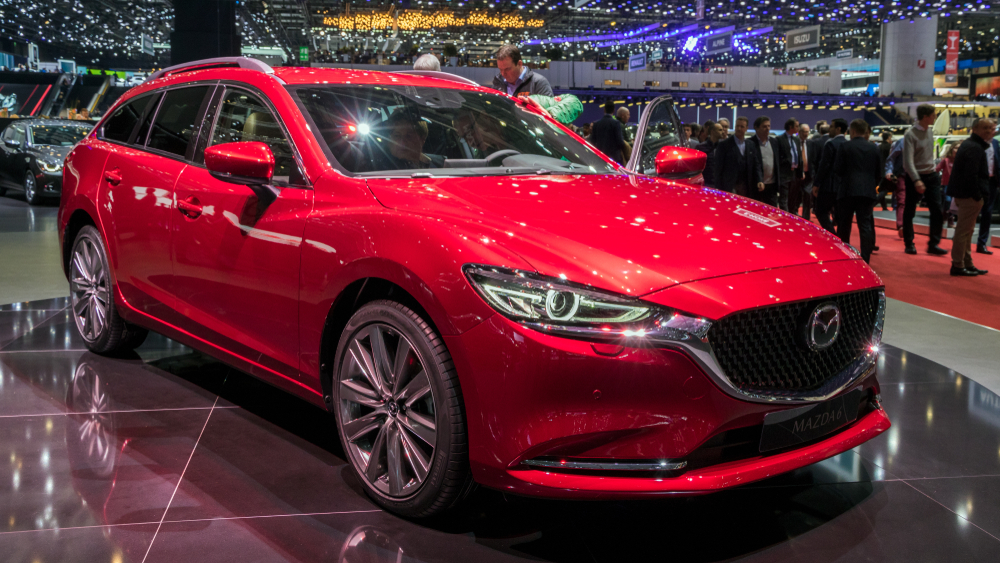
The Mazda6, a midsize sedan known for its sporty handling and stylish design, was discontinued in 2021. The Mazda6 faced declining sales as the sedan market continued to shrink, with consumers favoring SUVs and crossovers. Mazda decided to phase out the Mazda6 to focus on more popular models, such as the CX-5 and the upcoming CX-50. The end of the Mazda6 marks the conclusion of one of Mazda’s well-regarded nameplates.
Subaru WRX STI (Expected Discontinuation by 2025)
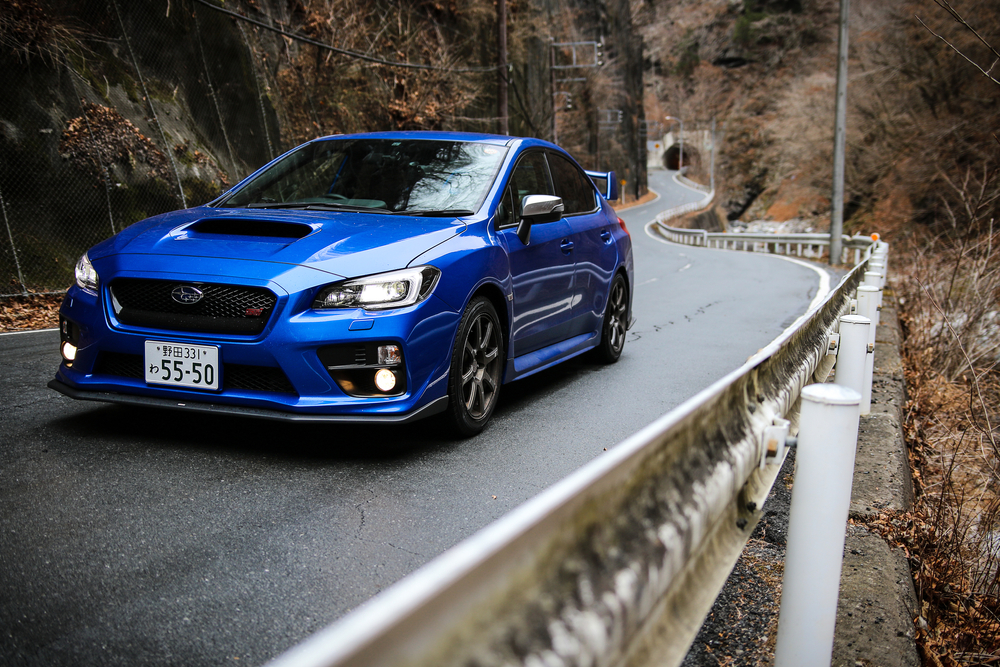
The Subaru WRX STI, a high-performance sports sedan, is expected to be discontinued by 2025. The WRX STI, known for its turbocharged engine and rally-inspired design, has faced declining sales and increasing competition. Subaru is likely to phase out the WRX STI to focus on more mainstream models and developing hybrid and electric vehicles. The discontinuation of the WRX STI marks the end of an era for Subaru’s performance division.
Toyota Land Cruiser (Discontinued in 2021)
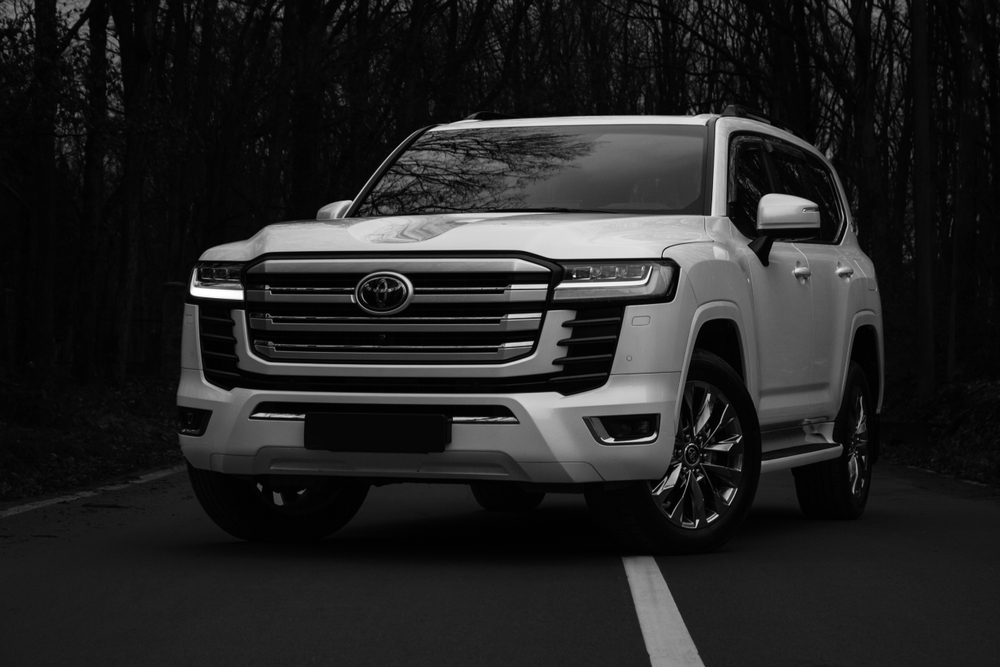
The Toyota Land Cruiser, a full-size SUV known for its off-road capability and durability, was discontinued in North America in 2021. The Land Cruiser faced declining sales and a high price tag, making it less competitive in the market. Toyota decided to focus on its more popular SUV models, such as the Highlander and 4Runner. The discontinuation of the Land Cruiser marks the end of a long-standing and iconic nameplate in North America.
Volvo V60 (Expected Discontinuation by 2025)
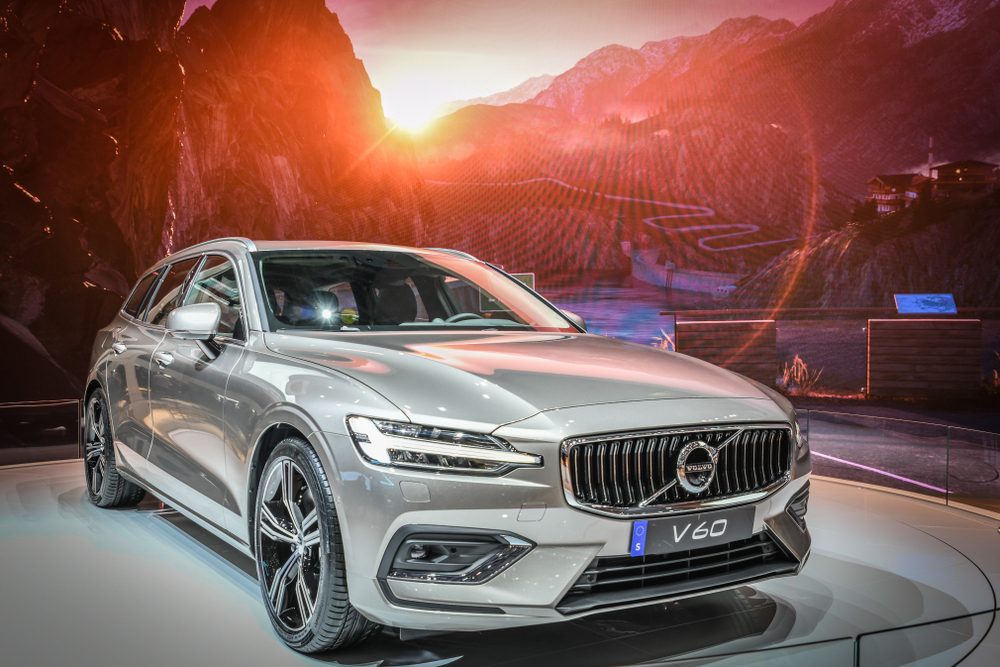
The Volvo V60, a luxury wagon, is expected to be discontinued by 2025 due to declining sales and a strategic shift towards electric vehicles. The V60, known for its stylish design and advanced safety features, has struggled to compete with the growing popularity of SUVs. Volvo is likely to phase out the V60 to focus on its expanding electric vehicle lineup, including the XC40 Recharge and upcoming electric models.
Genesis G70 (Expected Discontinuation by 2025)
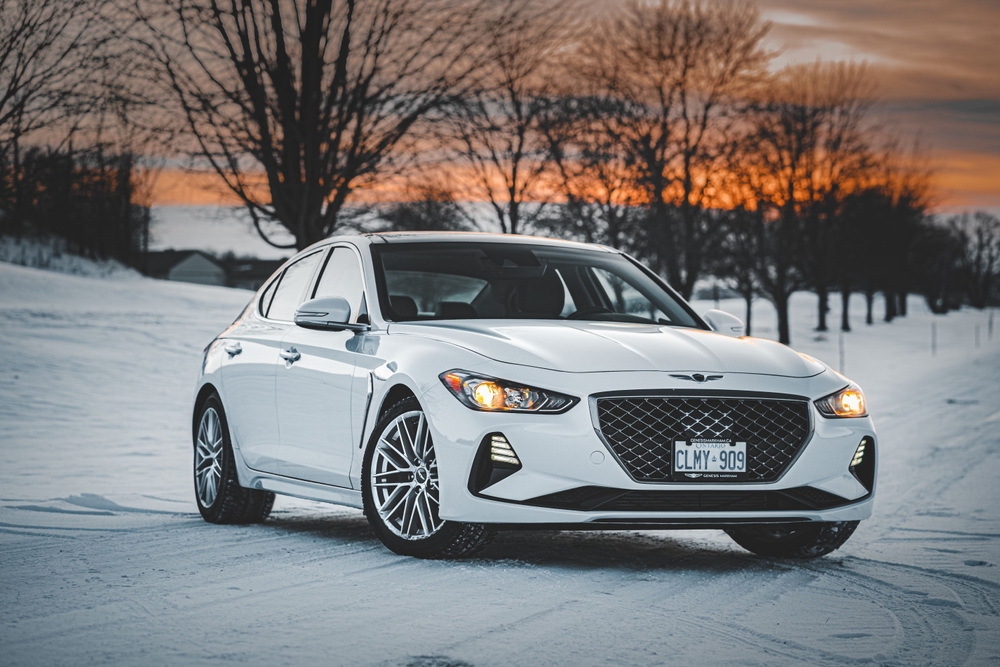
The Genesis G70, a luxury sports sedan, is expected to be discontinued by 2025 due to declining sales and a shift in consumer preferences towards SUVs and electric vehicles. The G70, known for its dynamic performance and upscale interior, has struggled to maintain market share in the competitive luxury segment. Genesis is likely to focus on expanding its SUV lineup and developing electrified models to better align with market trends.
Jaguar XJ (Discontinued in 2019)
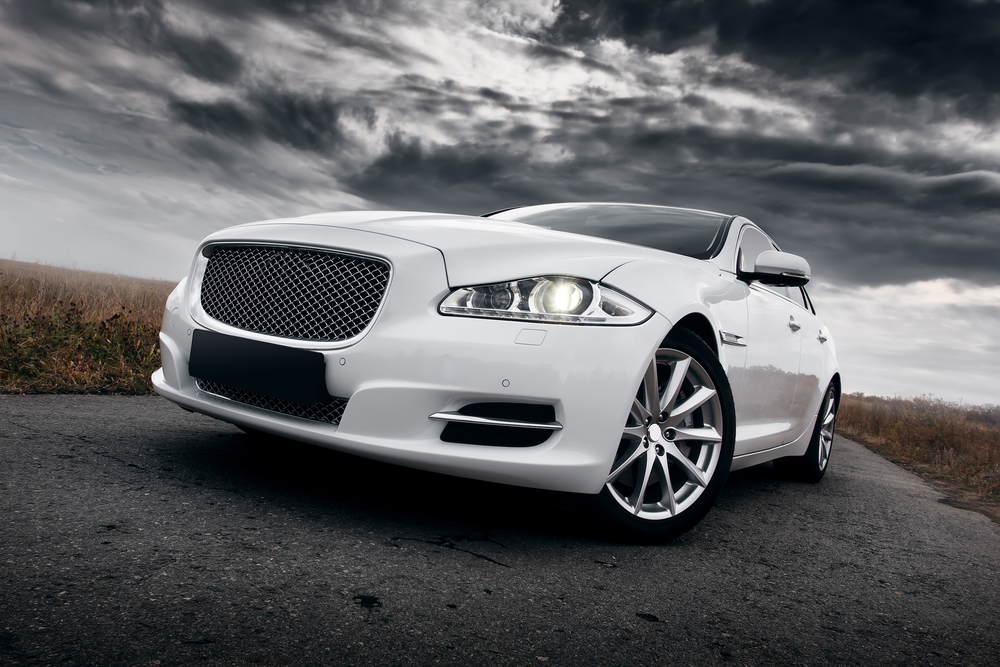
The Jaguar XJ, a full-size luxury sedan, was discontinued in 2019 as part of Jaguar’s shift towards electrification. The XJ, known for its elegant design and powerful V8 engine options, faced declining sales in the shrinking sedan market. Jaguar decided to prioritize the development of electric vehicles, such as the I-PACE, and more popular models like the F-PACE SUV. The discontinuation of the XJ reflects the broader industry trend towards electrification and changing consumer preferences.
This article originally appeared on MyCarMakesNoise.
More from MyCarMakesNoise
17 Rare Concept Cars That Became Valuable Collectibles
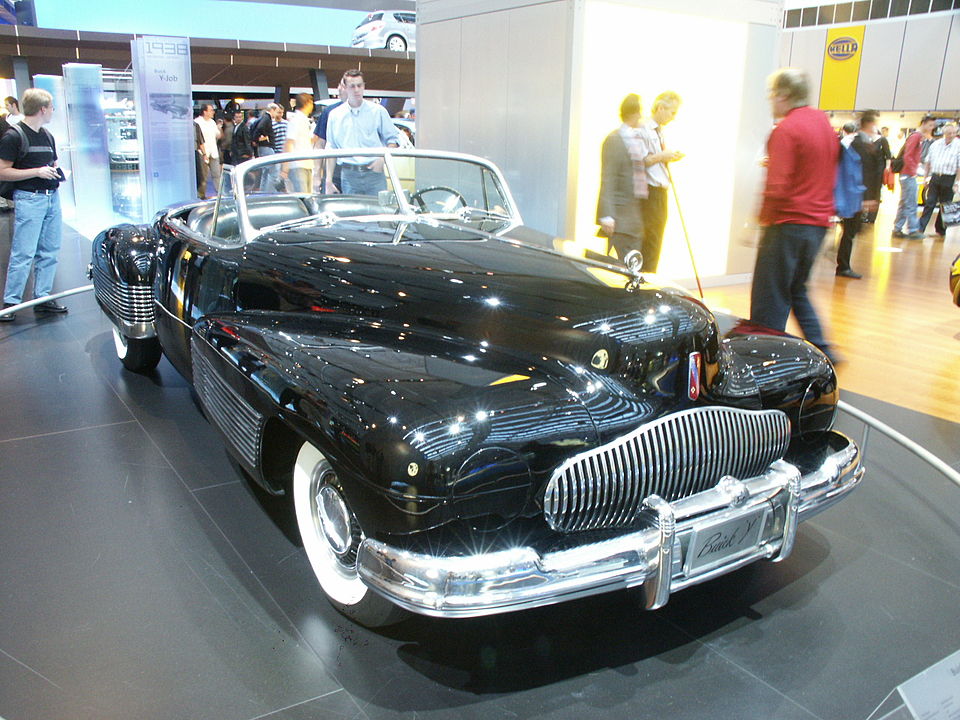
Concept cars have always fascinated car enthusiasts and collectors with their innovative designs and cutting-edge technology. Some of these rare prototypes never made it to production, yet they have become highly coveted collectibles over time. Read More.
21 Mistakes That Can Make Your Car a Magnet for Thieves

Simple mistakes can make your car an easy target for break-ins. From leaving valuables in plain sight to forgetting to lock the doors, these common errors can attract thieves. Read More.
15 Underrated Luxury Cars That Are Worth Every Penny
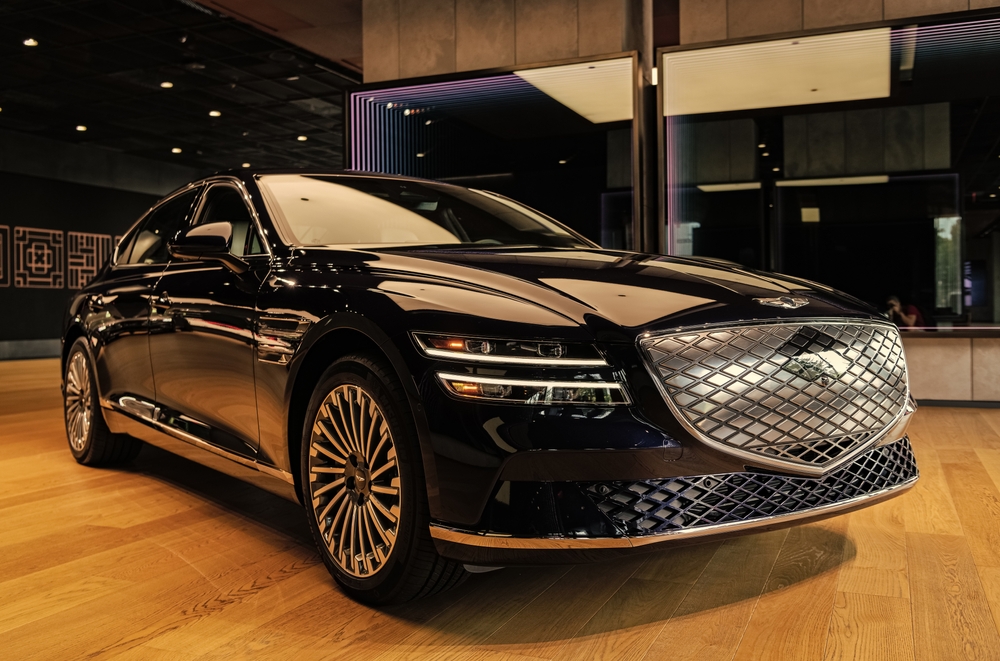
In the world of luxury vehicles, certain brands and models often steal the spotlight, leaving other equally impressive options in the shadows. However, for discerning buyers looking to invest in a luxury car that stands out from the crowd, many less-known models offer exceptional value. Read More.

